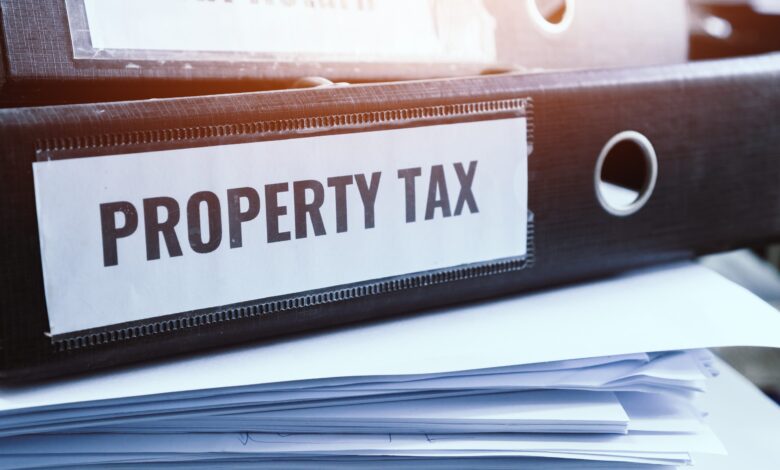Sector May Faces Potential Increases

In a bid to bring the real estate sector into the tax net and boost revenue, the Pakistani government is considering various proposals to increase tax rates for both filers and non-filers involved in property transactions. This move aims to ensure that the real estate market contributes its fair share to the national exchequer.
Proposed Tax Rates for Property Sellers
Under the proposed changes, sellers of real estate could face higher taxes based on the value of the property. The suggested rates are:
- Properties worth up to PKR 50 million: 3% tax
- Properties worth up to PKR 70 million: 4% tax
- Properties worth PKR 100 million or more: 7% tax
These rates reflect a significant increase from current levels and are intended to align with the International Monetary Fund’s (IMF) progressive taxation guidelines.
Inclusion of Capital Gains in Income
One of the notable proposals is to include capital gains from real estate transactions as part of the seller’s income. This change means that individuals would report these gains under “income from property,” while corporations would report them under “income from business.” This measure aims to capture more tax revenue from profitable property sales.
Revising Property Valuations
To address discrepancies between market values and officially notified rates, the Federal Board of Revenue (FBR) is considering updating property valuation tables in major cities. These revisions are expected to be announced at the start of the next fiscal year, potentially leading to higher taxes based on more accurate property valuations.
Expanding the Definition of Personal Property
The FBR is also looking at amending the definition of “personal immovable property” under the Income Tax Ordinance. The proposed change would classify properties held for investment purposes as taxable assets, excluding business shares and depreciable assets.
Industry Reaction
The President of the Real Estate Federation of Pakistan, Sardar Tahir Mahmood, has expressed concern over the potential for double taxation. He highlighted that $20 to $25 billion in investment has already moved to other countries due to high taxes. Mahmood urged the government to avoid double taxation and recommended issuing a consensus declaration of real estate valuation tables.
Potential Impact on Investment
These proposed changes could have significant implications for both local and foreign investors. By increasing the tax burden on property transactions, the government aims to generate more revenue. However, there is a risk that higher taxes could discourage investment in Pakistan’s real estate sector.
As the government deliberates on these proposals, stakeholders in the real estate market should prepare for potential changes. Increased taxes on property transactions and updated valuation tables could reshape the landscape of real estate investment in Pakistan. Keeping abreast of these developments will be crucial for buyers, sellers, and investors aiming to navigate the evolving tax environment effectively.
Source link